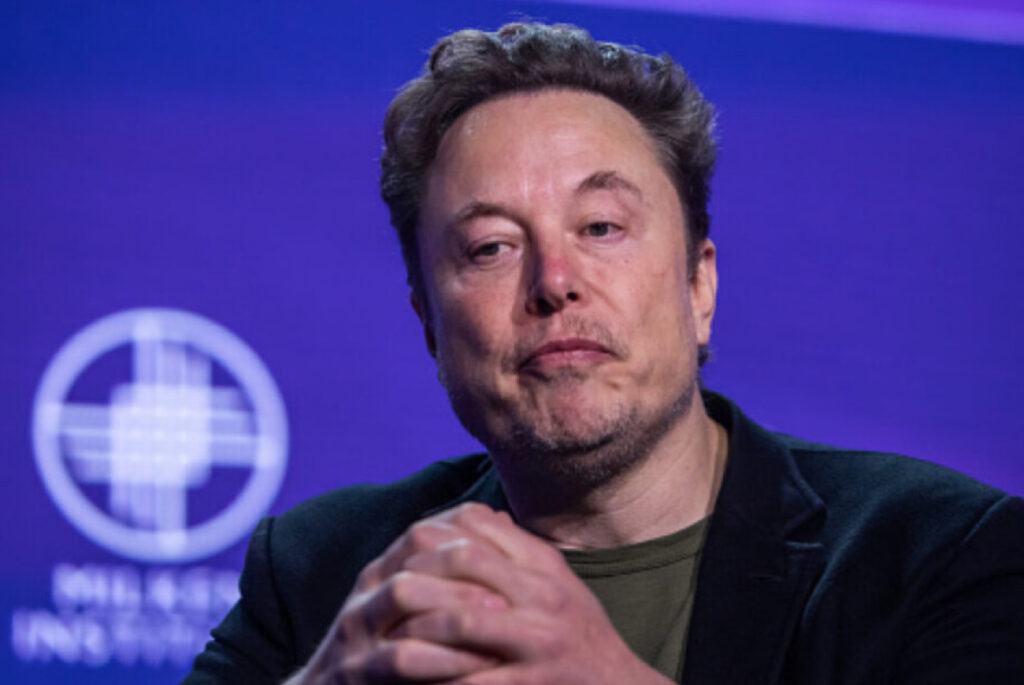
Tesla’s numbers just dropped hard. The electric vehicle powerhouse reported a sharp 13% decline in first-quarter sales, marking the biggest drop in the company’s history. From January through March, Tesla delivered 336,681 vehicles globally—a noticeable dip compared to the 387,000 it sold during the same period last year.
This slump didn’t go unnoticed. Even with deep discounts, zero-interest financing deals, and extra incentives thrown at potential buyers, Tesla couldn’t pull the numbers up. That means the tricks that once worked are starting to lose their magic.
One major factor? The backlash surrounding CEO Elon Musk. From his controversial political leanings to growing dissatisfaction with the company’s aging vehicle lineup, folks are clearly second-guessing their loyalty to the Tesla brand.
Analysts over at FactSet expected a stronger delivery number—around 408,000. So to see Tesla fall short of that by a large margin? That’s a red flag.
Wall Street Reacts: “A Disaster On Every Metric”
Dan Ives, a notable voice from Wedbush, didn’t sugarcoat things in his message to investors.
“The brand crisis issues are clearly having a negative impact on Tesla…there is no debate,” he said.
Ives explained that weak demand in two of Tesla’s key markets—the U.S. and China—is playing a big role in this tumble. Europe’s not looking too hot either. He added that while some analysts had already braced for a rocky quarter, these results still came in worse than most expected.
“We are not going to look at these numbers with rose-colored glasses…they were a disaster on every metric,” Ives continued.
That kind of talk isn’t just chatter—it influences investor sentiment in a big way. If one of Tesla’s most loyal financial watchers is saying this, you already know the stockholders are feeling the heat.
Stock Price in Freefall: Musk’s Moves Could Be Costing Tesla Big
Let’s talk about the money. Since Tesla peaked in mid-December, its stock has dropped by almost 50%. That’s not just a stumble—that’s a straight-up freefall. And Wall Street is looking at the man behind the curtain: Elon Musk.
Once seen as a tech visionary, Musk’s recent alignment with far-right politics and controversial social media takes are rubbing a lot of people the wrong way. While some believed a potential return of Donald Trump to the White House might bring in looser regulations (and fatter profits), the growing push to boycott Musk’s brands may be shifting that narrative.
Even with all the sales gimmicks, Tesla’s still struggling to attract new buyers. That suggests deeper brand damage. It isn’t just about the cars anymore—it’s about the culture surrounding them.